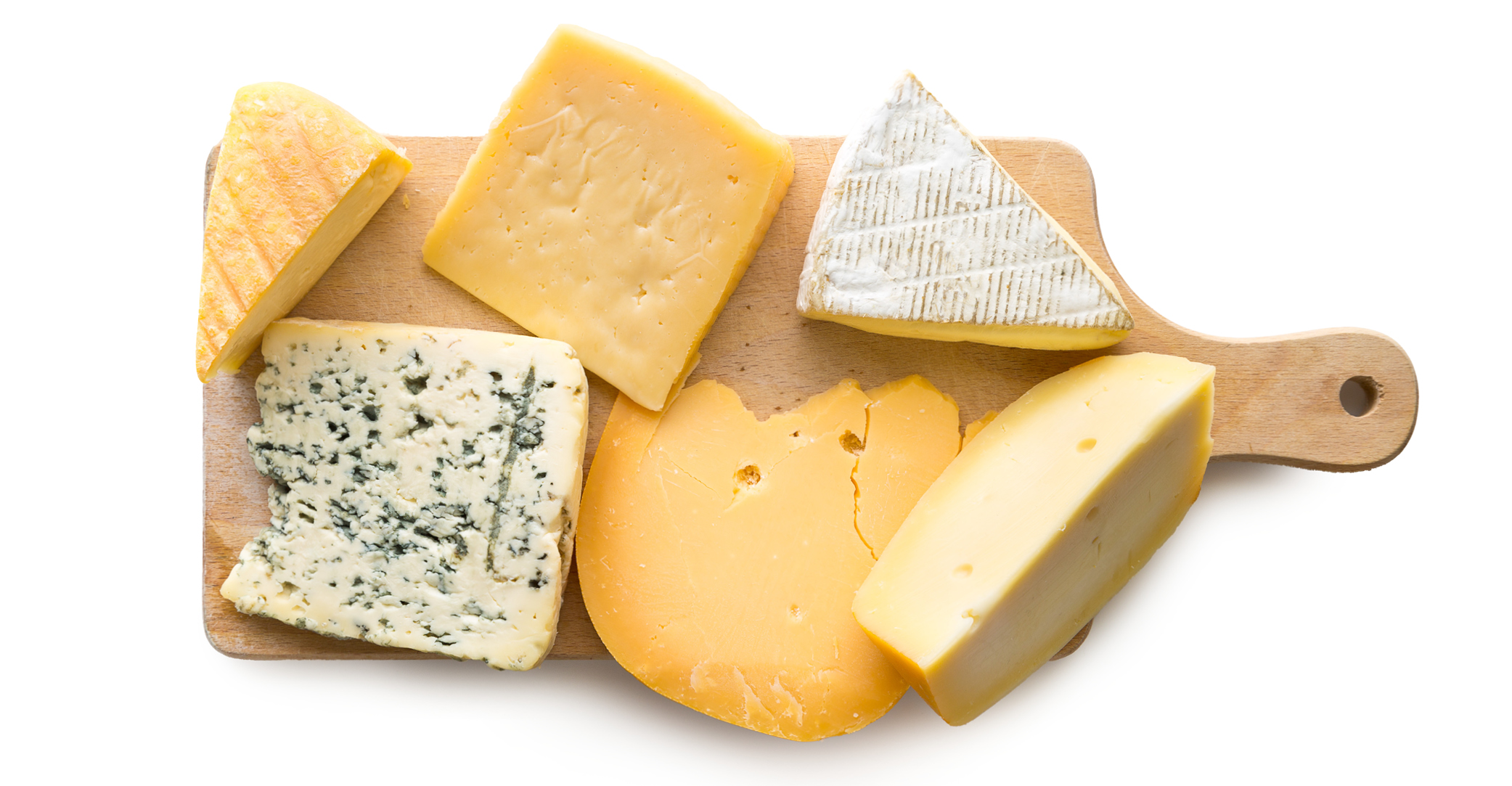CHEESE IS A highly kosher-sensitive product, and it is imperative to ensure it has a reliable hechsher before purchasing or consuming it.
There is a Rabbinic prohibition against eating cheese produced by Gentiles. (Shulchan Oruch, Yoreh Deah 115:2) This is because cheese requires enzymes, specifically rennet, to cause milk to curdle. Traditionally, rennet was sourced from the stomach lining of animals, and there is a risk that it may have come from a neveilah (an animal not slaughtered according to Halacha). Therefore, the Chachomim forbade cheese made by a Gentile (Gevinas Akum).
This prohibition extends even to cheeses made with plant-based rennet. Regardless of the rennet source, cheese produced by Gentiles remains forbidden.
It is important to note that this prohibition is entirely separate from the laws of Cholov Akum (milk from a non-Jewish source). While Cholov Akum was prohibited due to concern that non-kosher milk might be mixed in, the prohibition of Gentile cheese (Gevinas Akum) stands on its own.
Therefore, even if a Gentile’s cheese is made from Cholov Yisroel milk, it is still prohibited unless the process meets the requirements for Gevinas Yisroel. Similarly, even in communities that are lenient regarding Cholov Stam, there is no leniency regarding cheese, and there is no concept of Gevinas Stam. Cheese must be Gevinas Yisroel, or it is entirely forbidden, with all the Halachic ramifications, such as kashering keilim (utensils).
To ensure cheese qualifies as Gevinas Yisroel, the optimal standard is for the mashgiach to actively add the rennet to the milk, as per the opinion of the Shach.
When production takes place on Shabbos or Yom Tov, this is impossible due to the melocha of boneh (constructing). In such cases, we follow the opinion of the Rema, which is the actual Halacha, that it is sufficient for the mashgiach to be present and observe the addition of kosher rennet.
It’s not possible to satisfy the opinion of the Shach when cheese is made on Shabbos. In such cases, we make sure that the mashgiach performs a kinyan on behalf of the OK when the rennet arrives at the facility. That way the rennet is Jewish-owned and, according to the Noda B’Yehuda this is sufficient to consider the cheese Gevinas Yisroel.
Yogurt, cream cheese, and ricotta cheese are not made with rennet and, therefore, are not subject to the requirements of Gevinas Yisroel.
Cottage cheese and farmer cheese typically do not require rennet but may use it to speed up production. These are also exempt from the requirement of Gevinas Yisroel, even if rennet is used.
Six-Hour Cheese
THERE IS A custom, especially among Ashkenazim, to wait six hours after eating certain types of hard, pungent, or aged cheese. (Shulchan Oruch, Yoreh Deah, 89:2) According to the Taz, this applies only to exceptionally pungent cheese or “maggot cheese” (e.g., Casu Marzu), made with extremely strong enzymes and high fat content. Simply aging the cheese, he maintains, is insufficient to require a six-hour wait.
The Shach and others disagree. They assert that any cheese aged for approximately six months qualifies as a hard cheese and necessitates waiting six hours. They reason that such cheese tends to stick between the teeth.
The prevailing custom is to be stringent according to both opinions; therefore, any cheese that is either aged for six months or made with pungent enzymes requires a six-hour wait.
Parmesan Cheese is always aged for longer than six months and is therefore considered six-hour cheese according to the Shach. Some companies make Parmesan-style cheese that is aged for less than six months, and this is indicated on the packaging. Such cheese does not
require a six-hour waiting period.
Mild Cheddar is aged for 2-3 months and is not a six-hour cheese.
Sharp Cheddar is usually aged for 6-9 months and is a six-hour cheese.
In cases of uncertainty, where it’s unclear whether the cheese is aged or pungent enough to meet these criteria, one may be lenient and not wait six hours.
The Yad Yehuda rules that if aged cheese is melted and cooked into a
dish (e.g., Alfredo pasta or eggplant Parmesan), the six-hour wait is not required. However, this leniency may not apply to pungent cheeses made with potent enzymes.
Among Sephardim, customs vary. Some wait one hour after hard cheese, while others wait one hour per month of aging (as noted by the Ben Ish Chai [Halachos Beis, Shelach 15] in Baghdad). Some follow the ruling of the Mechaber in the Shulchan Oruch and do not wait at all. (Shulchan Oruch, Yoreh Deah, 89:2)


 EN
EN  ZH
ZH  KR
KR  BR
BR  ES
ES  IN
IN  IL
IL  JP
JP 




